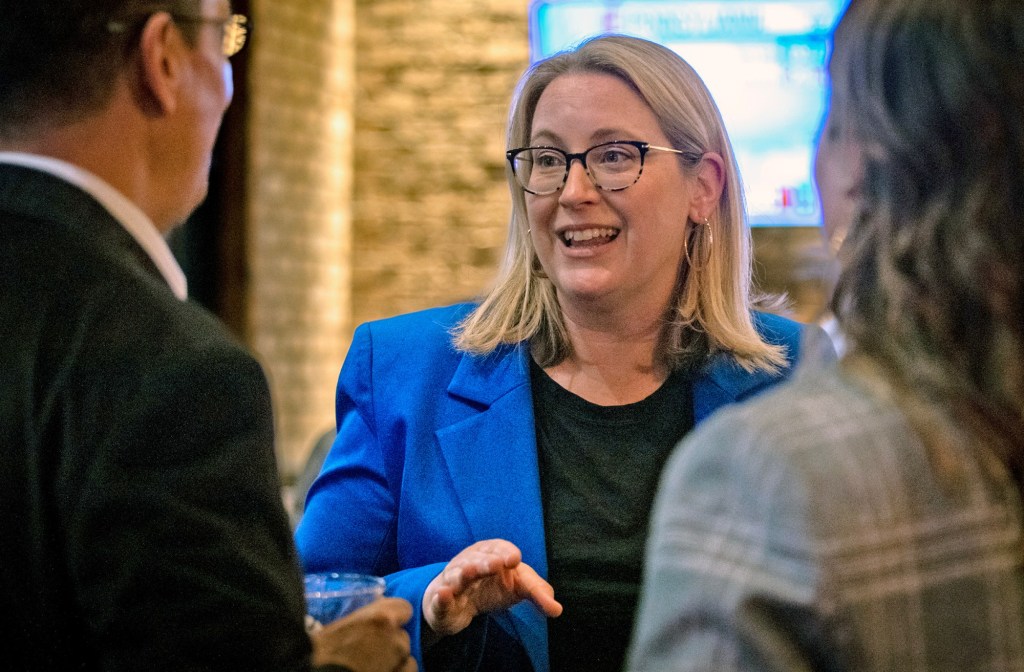The question of whether San Diego’s elected leaders engaged in a dishonest bait-and-switch campaign to persuade voters to allow the imposition of separate trash collection fees on 226,000-plus single-family homes in 2022 hangs over City Hall. While Mayor Todd Gloria dismissed allegations of subterfuge in a February interview, that’s not how it looks to many San Diegans. They think the city’s wildly inaccurate assertion in the run-up three years ago to the Measure B vote — that monthly fees would be in the $23 to $29 range, which proved to be a gross underestimate — was no accident.
But now it’s time to take a much closer look at the idea that the mayor and City Council weren’t the only parties to a deceptive campaign designed to yield millions of dollars in new revenue to a city flailing to balance its budget because of years of refusing to try to contain compensation costs.
In March, when the mayor’s trash service overhaul was still three months from approval, City Attorney Heather Ferbert threw cold water on the idea that the city could go another route entirely. Under a 2006 City Charter amendment approved in a landslide by voters, the city is explicitly allowed to use a “managed competition” process to decide whether to use private providers of many services, with trash collection cited as an example in the ballot argument for the measure. But in a March email to a U-T reporter, Ferbert said Measure B gave voters a choice “between engaging in managed competition or using City forces,” and that they chose the latter. On Friday, asked to respond to a U-T commentary on the topic by former City Attorney Jan Goldsmith that had been posted online, a Ferbert aide repeated her previous representations.
But the response ignored Goldsmith’s key point: Of course Measure B’s language doesn’t supersede language in the City Charter, the city’s de facto constitution, which means that of course it didn’t take outsourcing of trash services off the table. Here’s who agrees: Michael Aguirre, another recent former city attorney. In response to an email from an editorial writer, he cited charter language as showing that the city could use an independent contractor for trash services if it followed the rules set up for “managed competition.”
Yet it’s not just that Ferbert is offering a hard-to-follow legal theory that a city law can put limits on the city constitution — as if a federal law could reshape the U.S. Constitution. She’s also framing Measure B as having offered voters a choice between city-provided service or considering use of a contractor. This framing is not remotely reflected in the coverage of Measure B before its passage, in either the pro or con ballot arguments, or in official city documents. It is one more subterfuge.
Which brings us to one of the big reasons that Ferbert — then chief deputy city attorney — won in her 2024 run for city attorney. Many local observers believed that her opponent, Assemblyman Brian Maienschein, was first and foremost a political operative — someone who would quickly abandon what Ferbert called then-City Attorney Mara Elliott’s “independent, arm’s-length relationship” with other parts of city government.
Instead, Ferbert did the abandoning — not just of Elliott’s core philosophy but of the people who voted for her. Great, just great.
